Ranking for particular keywords and phrases has long been seen as crucial, but which ones should you be ranking for?
Typically speaking most business owners assume that short-tail keywords are harder to rank for because their phrasing is particularly vague and we’ve been educated to believe that long tail keywords are easier to rank for as they’re more specific.
However, it’s 2019 and the lines aren’t so defined now.
Ahrefs recently conducted a study of 1.9 billion keywords used in its US database and they discovered:
29.13% of keywords with 10,001+ monthly searches are made up of three or more words.
Ultimately you should not presume a long-tail keyword query is easier to rank for simply because of how many words it includes, in comparison to a shorter phrase or single keyword search query.
Below are a variety of methods for you to use to find long-tail keywords and various search suggestions for your next search campaign.
1. Google's Autocomplete
Autocomplete works out what you might add to your active Google Search, so although I've searched 'hairdressers' when I click back in the box Google recommends some additional keywords that might best fit the solution it believes I'm looking for - a local hairdressing salon, in this case.
As my search was for a service and Google is increasingly aware of the importance of showing local search results wherever it can, Google is suggesting I narrow down my search to Newton Aycliffe (where Thrive - and my current IP address - is based). If I'd have asked a different question I may not have got such specific Autocomplete recommendations, as shown further down.
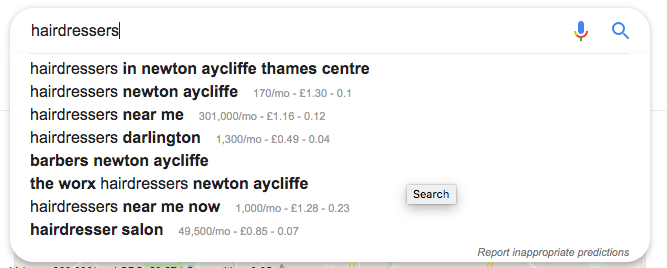
Alternative searches show a variety of different recommended autocomplete results, here are some examples:

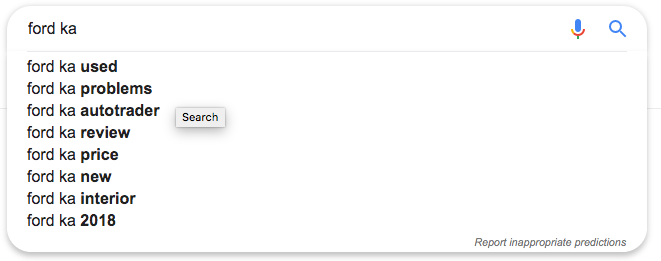
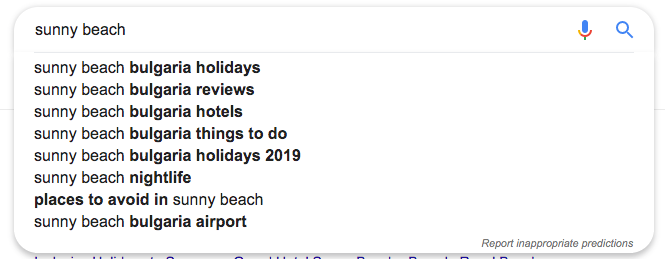
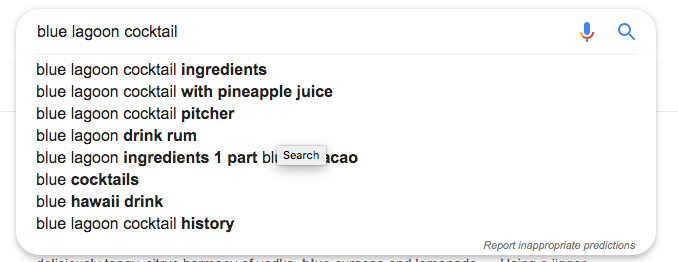
2. Google's Related Searches
Similarly, once I've searched for my desired query, 'hairdressers' Google will also make recommendations based on similar searches undertaken by its users previously. These results are again geographically focused and offer local hairdressing recommendations, but if I'd asked a different question it may have made different suggestions, as shown further down.
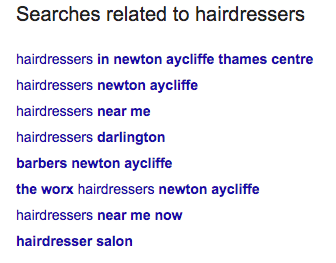
Alternative searches show a variety of different recommended 'related searches' results, here are some examples: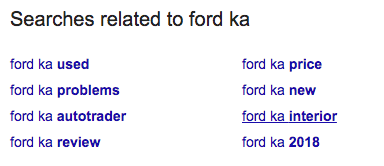

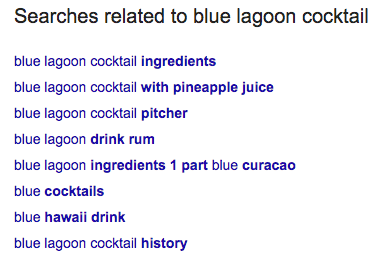
3. Google's 'People also ask'
Another method for finding wider-reaching long-tail keywords can sometimes be looking at the 'People who ask' box. This feature doesn't show with all searches, but can be useful for showcasing completely different queries that people have asked. As shown below this would work well for blog post inspiration as the 'hairdressers' search offers questions relating to job titles, salary and the variation in a stylist's role.

Alternative searches show a variety of different recommended 'People who ask' results, here are some examples:
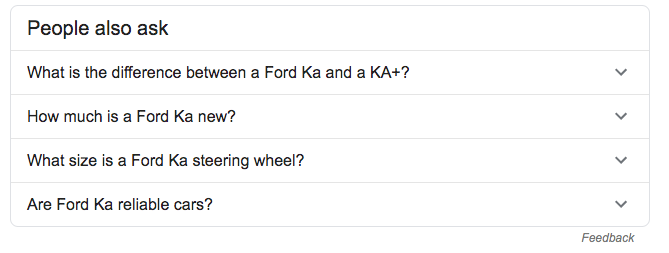
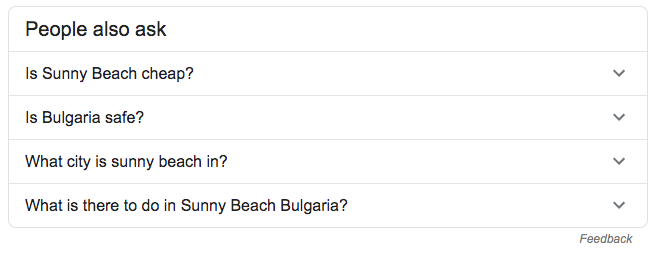
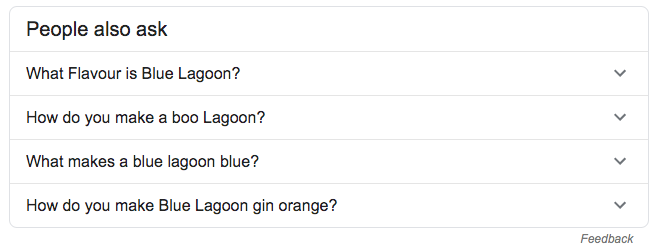
4. Google Keyword Planner
Google's Keyword Planner remains a powerful tool, now part of its Google Ads (paid search/PPC offering) suite, it remains an effective organic search tool. You can find keywords based on your website URL or some suggested keywords that you insert in the tool.
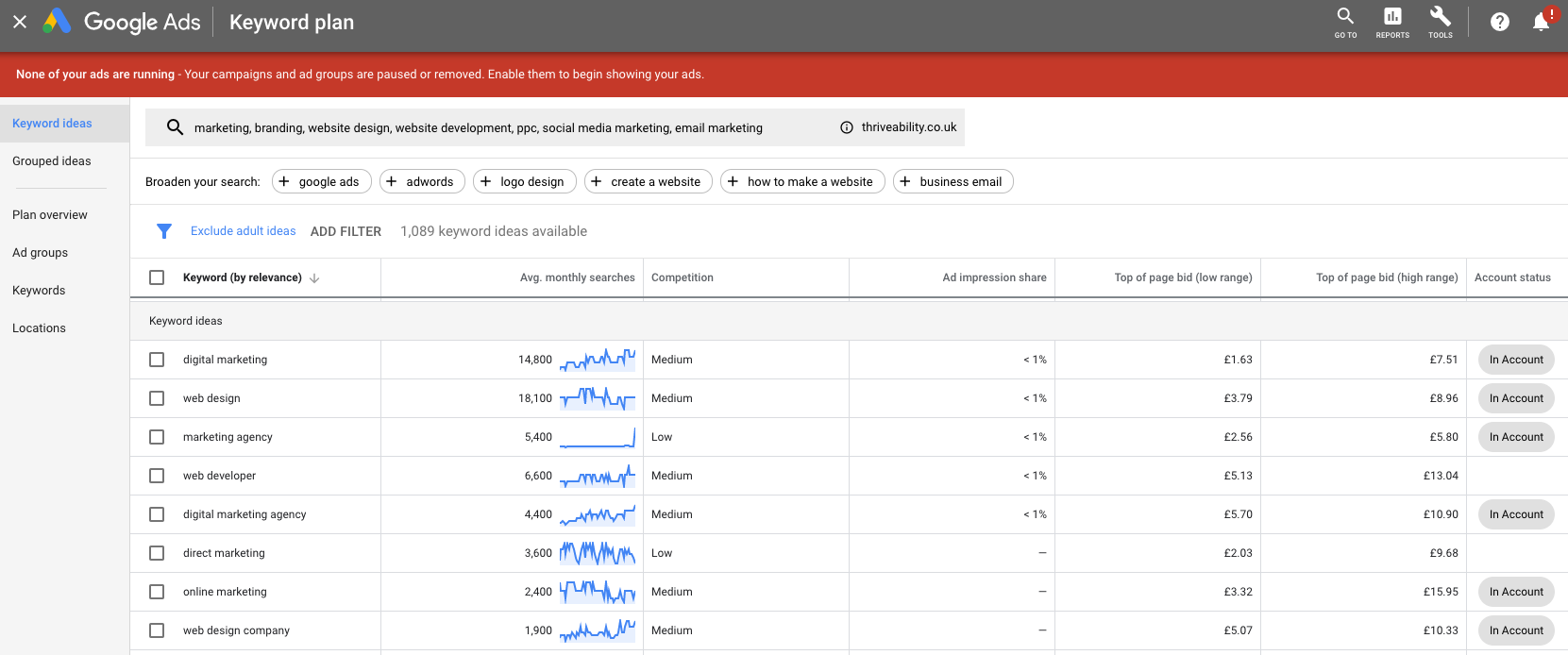
5. Answer The Public
This tool is of great use for blog post and ebook inspiration as it showcases all of the ways your short-tail query could be used as a long-tail query or as a question. When you click on each suggested query it will provide more queries, allowing you to create a wide-reaching mindmap of results.

6. Ahrefs, SEMRush, Serpstat etc.
There is a wide variety of platforms that offer keyword research and SEO support, including Ahrefs, SEMRush and Serpstat. It's up to you to work out which platform offers what you want in the price bracket that suits you best, but as a general rule, they will help you with keyword research and tracking (and improving) SEO performance overall.
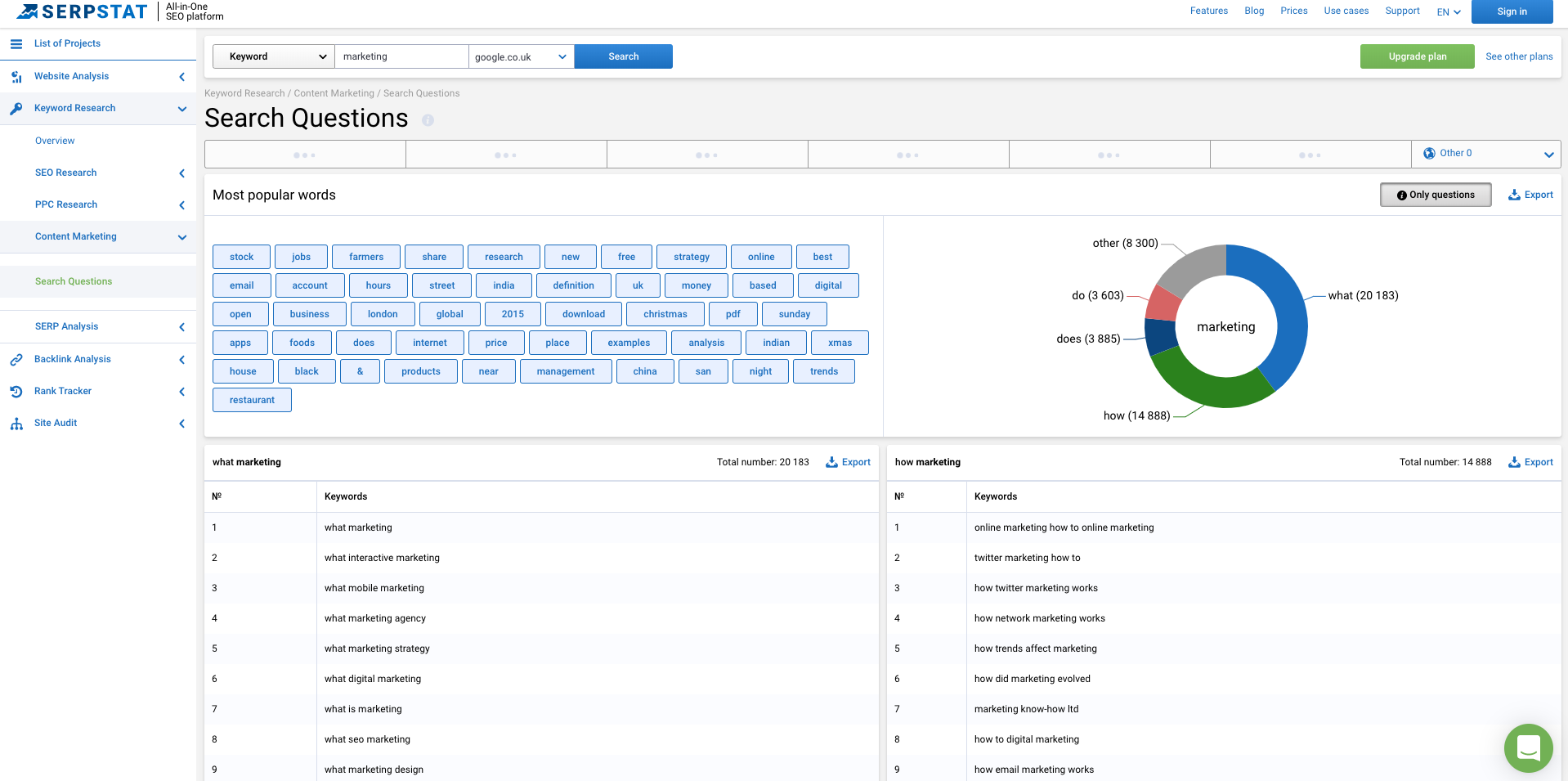
Find more like this via SEM.